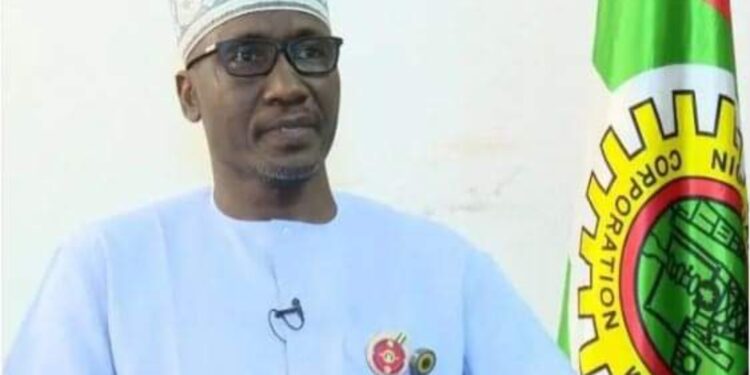The Nigerian National Petroleum Company Limited (NNPC) Limited has firmly denied any allegations of involvement in the sale of employment slots to job seekers in the country.
Earlier in June, the Nigerian National Petroleum Company (NNPC) Limited opened a portal for qualified Nigerians to apply for various jobs opportunities in the organization.
Speaking on the recruitment process, the spokesperson of the company, Olufemi Soneye, said the recruitment would be for various positions across various departments within the energy company.
He directed interested applicants to visit the NNPC careers page for application instructions.
“NNPC Ltd is pleased to announce that we are currently hiring for multiple positions across various departments. We are seeking talented and dedicated individuals to join our team. Visit our careers page for application instructions,” Soneye stated.
The spokesperson of NNPC, Olufemi Soneye, made this disclosure in a statement on Saturday in Abuja.
The national oil company has categorically stated that there is no truth to the insinuations that it offers employment slots for sale to anyone willing to purchase them.
NNPC emphasized that such claims are entirely baseless and have no connection to the organization’s recruitment processes.
Describing these claims as the work of fraudsters, the company warned that these individuals are attempting to exploit unsuspecting applicants.
“The Nigerian National Petroleum Company Ltd. (NNPC Ltd.) has called on members of the public, especially jobseekers, to discountenance rumours of employment slots for sale.
“The company states that there is no iota of truth in the insinuations that it has employment slots on offer to anyone who wishes to buy, describing such as antics of fraudsters who want to take advantage of unsuspecting applicants,” Soneye said.
NNPC urged the public to be vigilant and not fall victim to these deceitful schemes.
The company, in addition, warned that anyone who pays money to secure a job in the company does so at their own risk.
“It cautions that as a responsible corporate entity, recruitment into the company is a straightforward process and does not involve the sale of slots or inducement of any kind.
“It warns that anyone who pays money to anyone for any job in the company does so at his or her own risk,” the oil company added.











